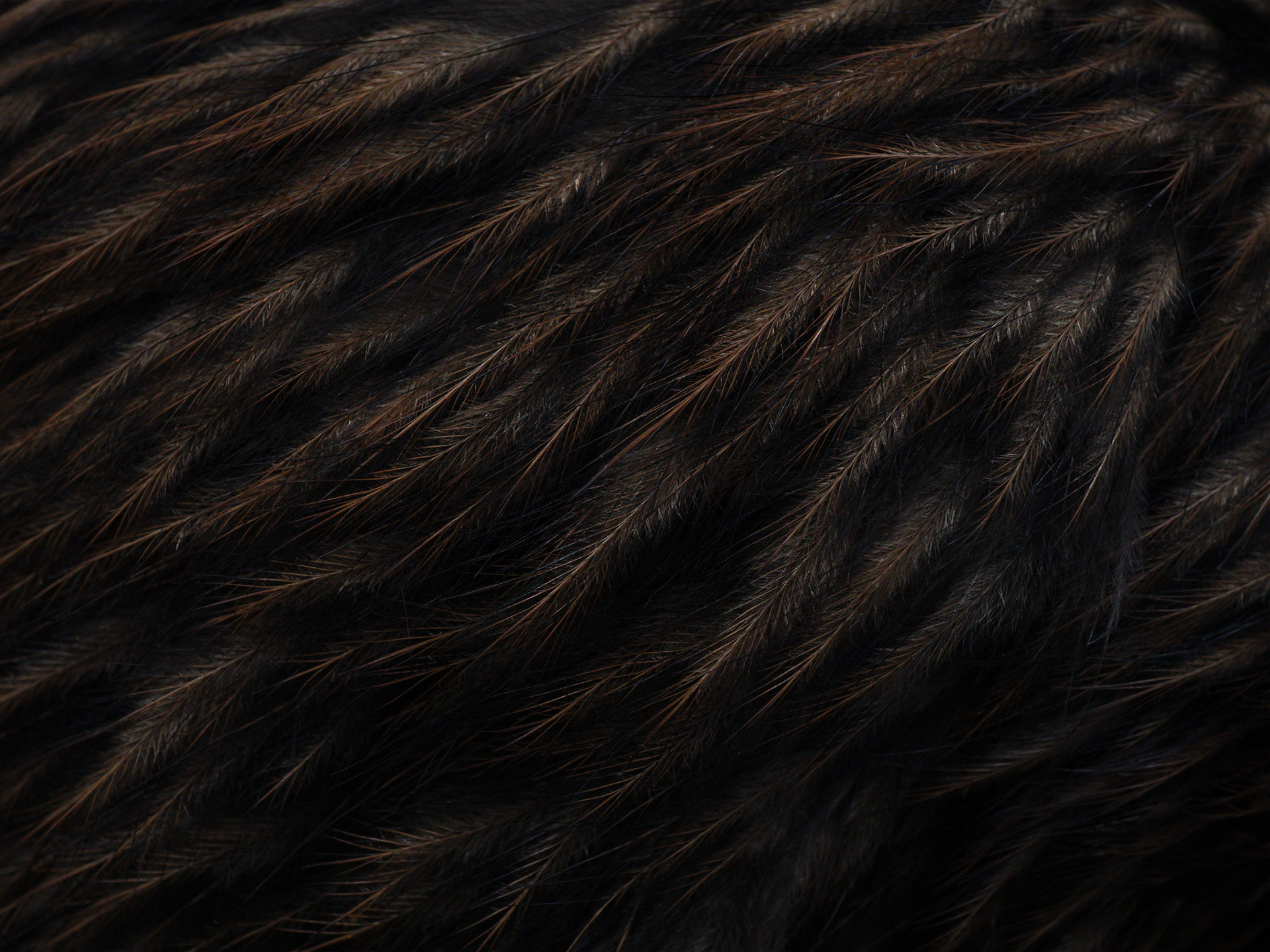A $250,000 donation from the Eastern and Central Community Trust has placed Wildbase Recovery’s fundraising efforts over the halfway mark.
Launched last year, the Wildbase Recovery Community Trust is tasked with raising the $5.69m needed to build the national wildlife recovery facility. The Eastern and Central Community Trust donation takes the total raised so far to $2.86m. The $250,000 donation, one of the largest given by the Eastern and Central Community Trust, contributes to the educational and interpretive aspects of the project.
“This is a nationally significant project and will contribute in a unique way to the educational and research opportunities for school children of all ages, community groups, volunteers and to veterinary knowledge.
“We also recognise the collaborative approach being taken by a group of committed partners to make this project a reality, which provided a strong case for approving this donation,” says Eastern and Central Community Trust’s General Manager, Jonathan Bell. “We hope our donation will be a catalyst for others to contribute to this outstanding project so that the Wildbase Recovery centre can quickly reach its funding target.”
The Eastern and Central Community Trust is an independent, charitable trust distributing donations for the benefit of communities throughout Hawke’s Bay, Gisborne, Manawatu, Tararua, Wairarapa and Horowhenua.
With over 2800 threatened species, even some of New Zealand’s most common native birds are rare by world standards. Wildbase Recovery’s patients will come from throughout the country, and, upon their full recovery, be released back into the wild in the hope that they will go on to successfully contribute to the survival of their species.
Set in Palmerston North’s Victoria Esplanade, Wildbase Recovery will provide purpose-built rehabilitation aviaries and world-class care for native wildlife to rehabilitate from illness and injury after specialised treatment at Massey University’s Wildbase Hospital.
Once established, Wildbase Recovery’s nurturing environment will also allow for recuperating wildlife, such as kiwi, takahē, and penguins, to be viewed by the public – engaging generations of New Zealanders in their conservation.
Other community funding that has helped the Wildbase Recovery Community Trust reach the halfway point includes $1,000 from Rose City Lions, $100 from Heartland Lions, and $500 from a community member who heard about Wildbase Recovery at a public talk by Esplanade Aviary Keeper, and Whio Captive Coordinator, Peter Russell.
A further $10,000 from Awapuni Rotary was announced at an event hosted by Westpac in Auckland recently. At the same event, Wildbase Recovery Ambassador, Sir Graham Henry, explained how the All Blacks and Wildbase Recovery have a similar goal – producing positive outcomes. “We need to work together to remove the threat of extinction associated with our native species.”
Wildbase Recovery is a collaboration between Palmerston North City Council and Massey University, with support from the Department of Conservation, Rangitāne iwi, Rotary and Lions clubs. Wildbase Recovery Community Trust Chair, Roger Kennedy, says reaching the halfway milestone is heartening for those working tirelessly behind the scenes. “In addition to the collaboration partners, there are numerous volunteers dedicating their time towards this national project,” says Mr Kennedy. “A special thanks to them, and to the Eastern and Central Community Trust for their notable contribution”.
Read the Manawatu Standard story here.
